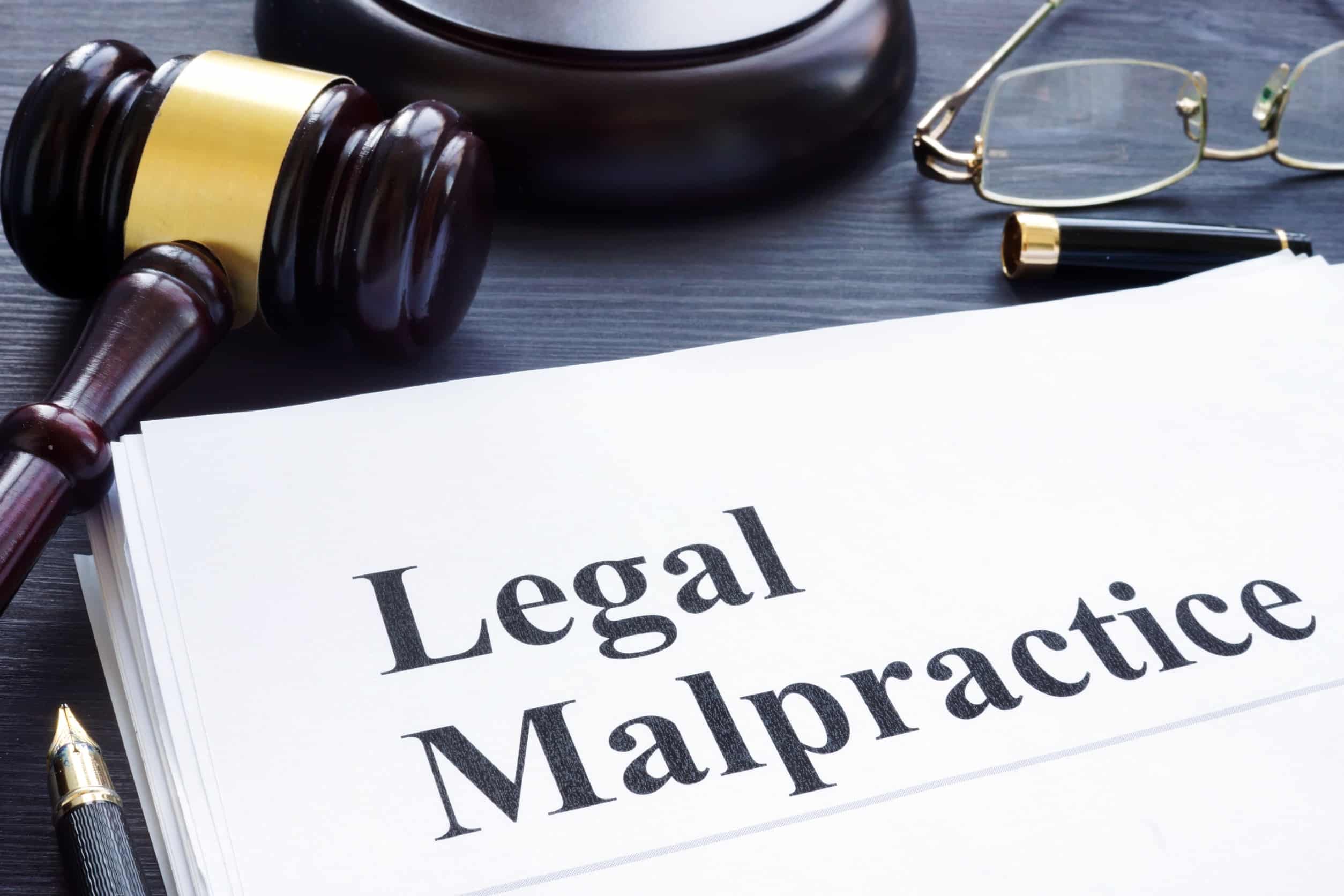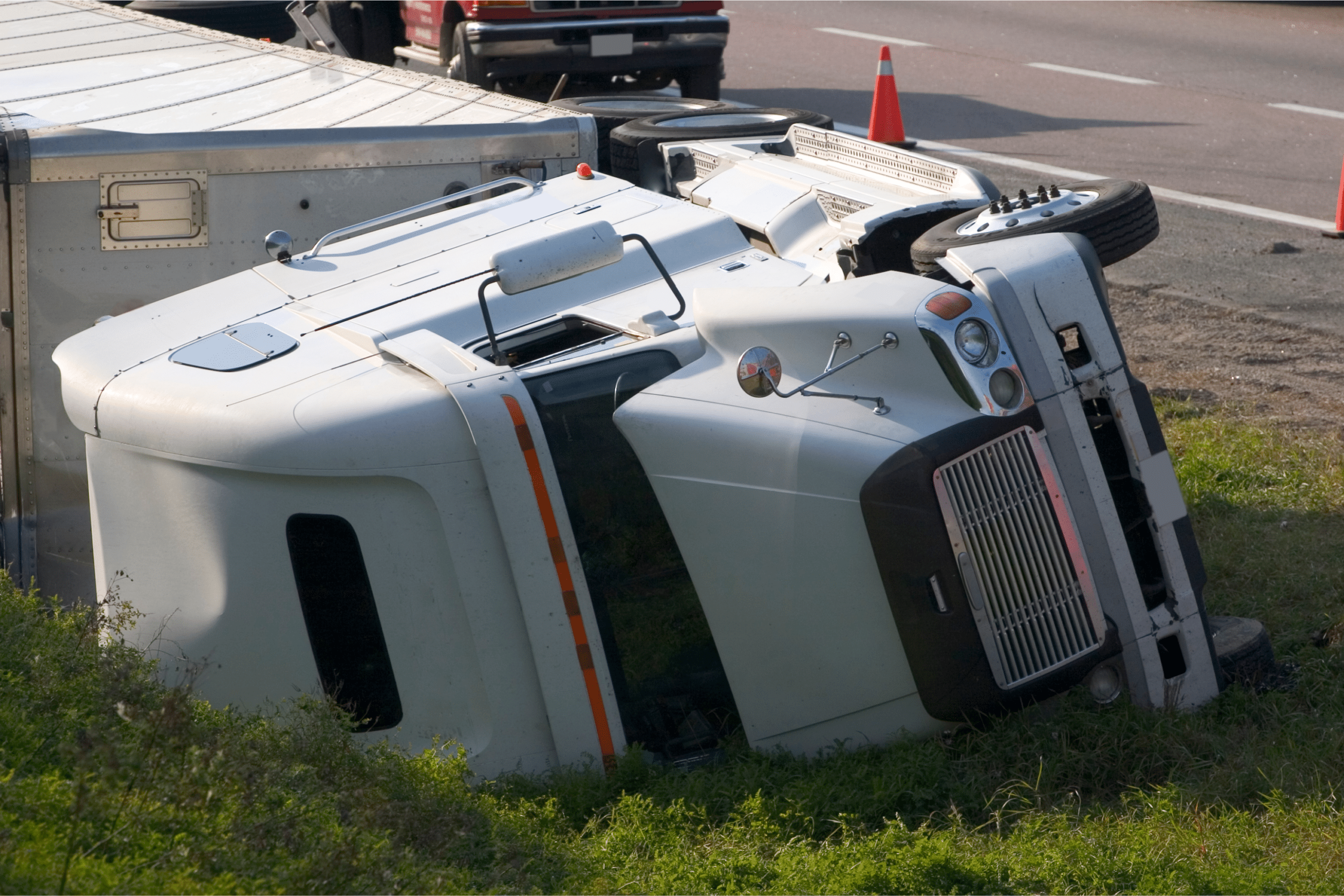FAQs about Legal Malpractice in Florida
People hire lawyers to help them with potentially life-changing events: criminal charges, lawsuits, divorces – if it’s going to have a big impact on your life, you can pretty much bet there’s an area of the law dedicated to it.
When someone hires an attorney, they expect that they are getting a knowledgeable, skilled professional who understands their particular area of the law inside and out and will do everything possible to ensure their client receives a positive outcome.
Sometimes that’s not possible, but it won’t be for a lack of trying on the lawyer’s part, as they provide a standard duty of care to their client.
However, lawyers are people too. Most of them take their job and their responsibilities very seriously, but others don’t. If you hire a lawyer who is negligent or intentionally costs you a case, you might be able to bring them up for legal malpractice.
This is an oft-misunderstood area of the law, so below we’re going to try to answer some of the questions we get most often in an attempt to de-mystify legal malpractice and help you understand whether or not your case qualifies.
What Is Legal Malpractice?
Legal malpractice is the breach of fiduciary duties that causes financial damages to the client. This can happen through negligence or malicious intentions.
What Are Some Examples of Legal Malpractice?
Some of the most common examples of legal malpractice in Florida include:
- Failure to know or apply relevant laws to the case
- Failure to make crucial deadlines or appointments that impact the case
- Fraud or forgery
- Misusing the funds paid throughout the legal process
- Errors in searching for files or calculations
- Failure to get consent from the client before submitting records or taking other action that impacts the case
Keep in mind that legal malpractice is not just limited to these examples. If you want a better sense of whether your specific situation may count as malpractice, the best thing to do is reach out to a Florida injury lawyer who specializes in these types of cases.
What Elements Must Be Proven to Win a Legal Malpractice Case?
Similar to other negligence cases, you and your personal injury lawyer will have to prove that the following elements were present:
- Duty: The lawyer had a duty to uphold to you (through a contract or other legal agreement)
- Breach of Duty: The lawyer breached that duty through a mistake, negligence, or intentionally causing harm to your case
- Causation: The breach directly led to “injury” (a lost case, inability to obtain extra funds, etc.)
- Damages: The injury resulted in damages (loss of income, loss of work, emotional distress, fines, etc.)
What Is Not Considered Legal Malpractice?
A bad experience with a lawyer is not always grounds for a legal malpractice claim. As just a few examples, you cannot sue an attorney because:
- The case did not produce favorable results
- You settled for less than the lawyer anticipated
- The lawyer spoke or socialized with the lawyer representing your opponent
- The lawyer does not return your phone calls (although this may be a sign of impending malpractice)
When Can I File a Legal Malpractice Claim?
If you are still employing the lawyer in question, there are a few steps to take before you jump into a legal malpractice claim. Reach out to the lawyer and terminate their contract first. You may be able to settle the case and move on without taking any legal action.
If the original case has already been settled, you have two years after the incident of legal malpractice to file a claim.
What Is the First Step I Should Take?

Contacting another lawyer after an experience with a negligent attorney may not be the first thing you want to do, but it is the best way to learn your rights and get started on your legal malpractice case.
Reach out to a Florida personal injury lawyer who has experience handling these types of cases. If you want extra confidence in this step, research any possible connections between the negligent lawyer and personal injury lawyers in your area. A conflict of interest could result in malpractice itself.
About the Author:
Andrew Winston is a partner at the personal injury law firm of Winston Law. For over 20 years, he has successfully represented countless people in all kinds of personal injury cases, with a particular focus on child injury, legal malpractice, and premises liability. He has been recognized for excellence in the representation of injured clients by admission to the Million Dollar Advocates Forum, is AV Preeminent Rated by the Martindale-Hubbell Law Directory, enjoys a 10.0 rating by AVVO as a Top Personal Injury Attorney, has been selected as a Florida “SuperLawyer” from 2011-2017 – an honor reserved for the top 5% of lawyers in the state – and was voted to Florida Trend’s ”Legal Elite” and as one of the Top 100 Lawyers in Florida and one of the Top 100 Lawyers in the Miami area for 2015, 2016, and 2017.
 Product Defects in Florida Fall into One of These Three Categories
Product Defects in Florida Fall into One of These Three Categories 
















